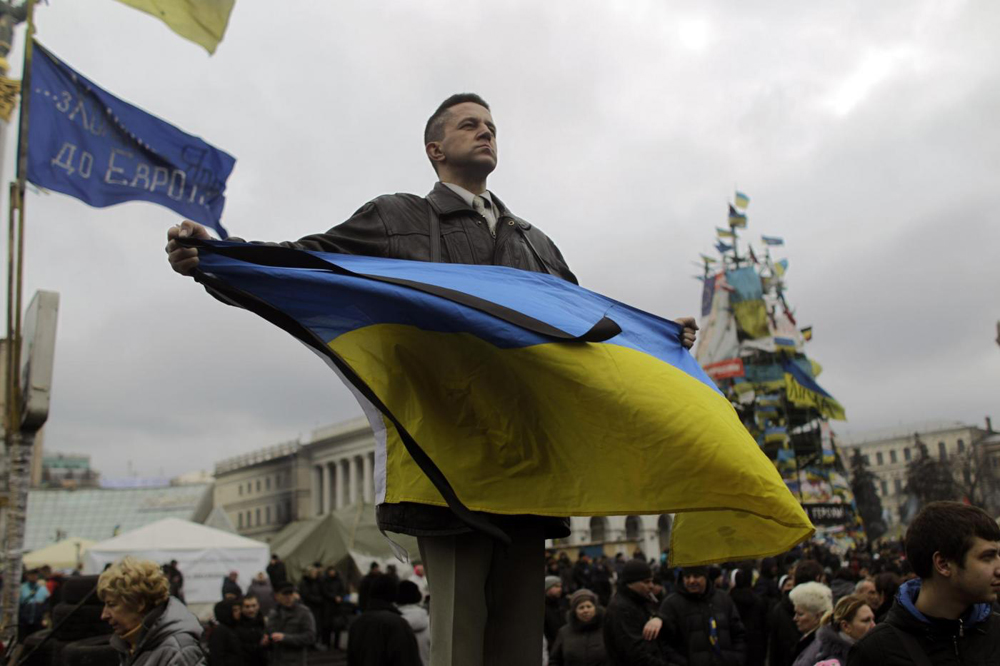Most people even slightly concerned with the situation in eastern Ukraine are wondering where and when the troubles will end. Since last summer the war in Donbass has seen few real changes in military terms, and the latest Minsk II ceasefire agreement, signed on February 11th, appears to be just an additional formality to a list of unconsequential steps in this affair. But that’s diplomacy, one might say. The ground war, unlike the West’s efforts to stop it so far (i.e. the EU’s economic sanctions in primis), has had more tangible consequences. It has so far claimed around 5700 victims according to UN estimations, and again one is left wondering how many more. So if we concede the future is murky, it is so precisely because the present is even murkier. Indeed, circumstances in the Donbass region are as nebulous as the ground on which the war is fought. But that’s war one might say. So let’s start with the obvious. The central, uncritically accepted, matter of contention is of course the presence of official Russian troops in Eastern Ukraine. US Secretary of State John Kerry keeps accusing Mr. Putin of having unofficially sent thousands of troops to fight in Ukraine; Putin has consistently responded that he has ordered no troops to be sent, “innocently” assuring those green men are only pro-Russian separatists. This back and forth between Kerry and Putin has seen some interesting claims attaching ambiguity to both sides’ stances. Ukraine’s Army General Muzhenko, handpicked by Poroshenko himself, stated on February 4th that Ukraine was not fighting against any official Russian forces, merely mercenaries and volunteers; on the other hand, we often heard the denunciation by the Committee of Russian Mothers against the Kremlin for forcing Russian soldiers to be sent to die across the border. Add to this the widespread allegations indicating US military troops fighting alongside Ukraine’s army, and all we perceive is the uncertainty of facts on Ukrainian soil. But what does shine through the haziness of Donbass military events and unfruitful diplomatic Minsk talks, is that Russia and US are fighting a propaganda war, based on propagating personal accounts of information. Mr. Kerry admitted for the first time that Russian propaganda (primarily his thorn Russia Today) had fooled him too, thus implying that he himself had believed the Kremlin’s word of not having sent Russian troops in Eastern Ukraine, despite his continuous allegations to the contrary. He concluded rather tellingly that “propaganda works” and voiced the US should spend more on propaganda. Neither Russia nor the US are keen to show their hands, but prefer to get the upper hand in Ukraine by using the back door of hype and disinformation.

Posted inPolitica estera Politica International

